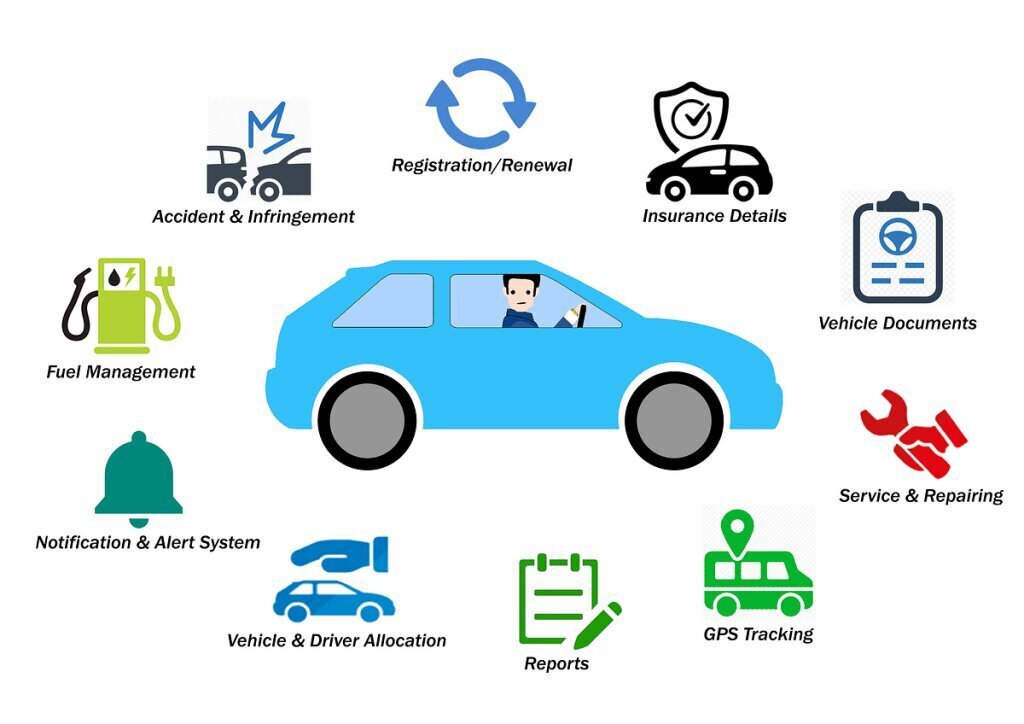Fleet Management Systems (FMS) have evolved significantly with the integration of artificial intelligence (AI), enabling real-time monitoring and management of commercial vehicle fleets. These systems utilize advanced technologies such as GPS trackers and telematics to optimize fleet operations, enhance safety, and reduce costs.
Role of AI in Fleet Management
AI plays a crucial role in analyzing vast amounts of data generated by fleet operations. By leveraging machine learning algorithms, AI can identify patterns and predict potential issues before they arise. This proactive approach allows fleet managers to implement preventive measures, improving overall efficiency and safety[1].
Real-Time Data Analysis
Fleet management platforms equipped with AI capabilities can process real-time data from various sources, including vehicle diagnostics, fuel consumption, and driver behavior. For instance, platforms like Geotab consolidate data from multiple devices, providing actionable insights that help managers make informed decisions quickly[2]. This integration of data allows for comprehensive monitoring of fleet performance, ensuring that vehicles are operating optimally.
Enhanced Safety Features
AI-driven technologies such as onboard cameras equipped with computer vision enhance safety by monitoring driver behavior and road conditions. These systems can detect risky driving behaviors, such as fatigue or distraction, and alert drivers in real-time. By providing feedback and coaching, fleet managers can foster safer driving practices, ultimately reducing the likelihood of accidents[1][4].
Key Components of Fleet Management Systems
-
GPS Trackers: Essential for real-time location tracking, GPS devices allow fleet managers to monitor vehicle routes, optimize delivery schedules, and reduce fuel consumption.
-
Telematics Devices: These devices collect data on vehicle performance, including engine diagnostics and fuel usage, enabling managers to identify maintenance needs before they escalate into costly repairs.
-
AI-Powered Analytics: Advanced analytics tools process data to provide insights on driver performance, vehicle utilization, and operational efficiency, allowing for data-driven decision-making.
-
Mobile Applications: Many fleet management systems offer mobile apps that enable drivers to receive updates, report issues, and access training materials, fostering better communication and engagement within the fleet[3][5].
Conclusion
The integration of AI into Fleet Management Systems is transforming how commercial fleets operate. By utilizing real-time tracking and data analysis, fleet managers can enhance safety, improve efficiency, and reduce operational costs. As technology continues to advance, the capabilities of these systems will likely expand, further revolutionizing fleet management practices and ensuring that businesses can meet the growing demands of the transportation industry[1][2][4].
Further Reading
1. AI: The Future of Fleet Management – Teletrac Navman US
2. The AI-driven platform for total fleet management | Geotab
3. AI Fleet Management Platform
4. Top AI Tools for Fleets in 2024
5. The Top 10 Fleet Management Solutions | Expert Insights


